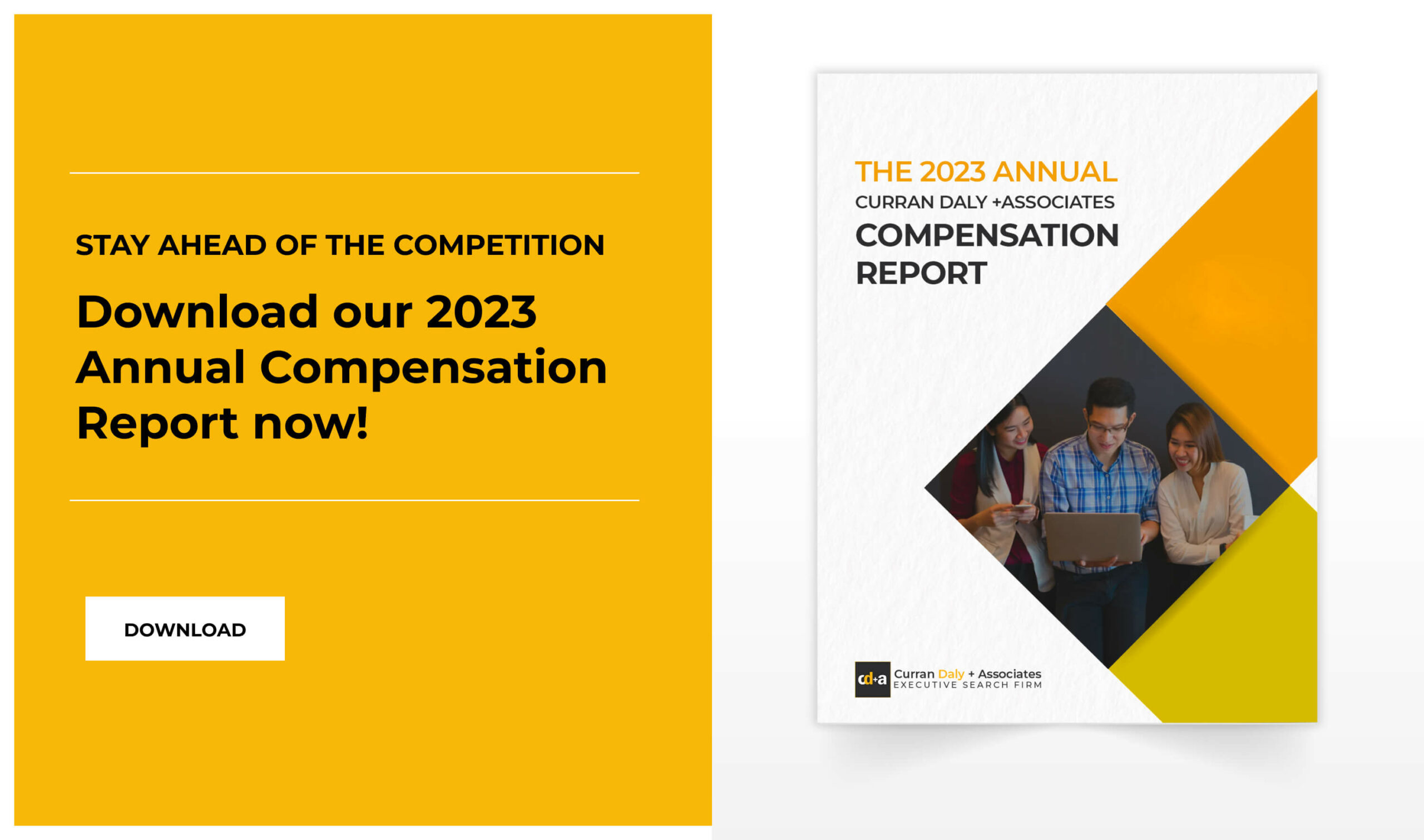Robots fighting our wars, robots playing the sports we love, robots taking care of humans, and robots waging wars against humanity – we’ve seen it all in movies. But many are worried that this work of fiction is slowly becoming a reality.
The advent of technology has allowed robots to do stuff only humans used to do. And now, they are even going after our jobs. This concern is due to a number of emerging technologies that automate physical tasks. They call this robotics. There are also technologies that automate intellectual tasks and customer service tasks — the so-called artificial intelligence, also known as cognitive computing.
But are machines really coming for our jobs?
An Age of Robots
Entrepreneur and author Brad Merrill is convinced that these bots will cost us our jobs in the near future. He claims that at least eight skilled jobs may soon be replaced by robots. Merrill argues that the advent of artificial intelligence in the last few years has been very promising that software is becoming smarter and smarter by the day.
In the past, only unskilled manual labor have been under the constant threat of machine automation. Today, however, even skilled workers are at risk of losing their jobs to robots, too.
In a study conducted by Oxford University and human resource firm Deloitte, they found that 35 percent of current jobs in the UK alone are at risk from automation. In an article published by The Economist, it also said robots will eventually cause the disappearance of some jobs, especially call centers which, according to the Oxford-Deloitte study, has a 75 percent likelihood of automation. And for countries like the Philippines and India, this is not good news at all.
But can robots really replace the human voice or the human touch?
The Loss of Human Touch
Robots are and will definitely be better at us at certain tasks. They are also cheaper. They can work anytime, or all the time. They can be replicated easily also, and at a lesser cost as compared to scaling up human resource needs.
Robots can also be trained instantly and can learn from their mistakes over time. The Economist reports:
“The cleverest systems, such as the one Celaton, another British firm, has built for Virgin Trains, refer the most complex questions to human operators and learn from the responses. The longer they run, the better they get.”
Robots are also very efficient. They can quickly aggregate, collect, sort, and display data. For example, when taking calls, robots can reduce call transfers from one department to another or reduce the need to log on to a cranky IT system.
This is the kind of workforce that threatens human beings’ relevance in the workplace – brisk, precise, and efficient. It is no wonder that in Nagasaki, Japan, a hotel that recently opened this last summer has a full staff of robots.
But There’s a Promising Future to Look Forward To
J.P. Gownder, vice-president and principal analyst at Forrester Research, believes that ‘humans will find themselves working side by side with robots, rather than being replaced by them’. While skepticism is a natural reaction, Gownder advises the everyone to welcome this development. He argues that while robotics or AI will greatly transform human work, it will also ‘spur the growth of many new jobs — including some entirely new job categories’.
Insofar as the call center industry is concerned, Sarah Burnett of Everest, a research firm, predicts that the most basic or boring jobs will vanish, but human call-center workers will still be needed; not for repetitive and boring tasks; but for more complex services like outbound sales. Needless to say, that is a harder job, which requires better language skills.
What to make out of this development is entirely up to us, Burnett argues. Robots will wipe out the most boring jobs and will free us for more interesting ones. Gownder, too, believes that it makes perfect sense to be hopeful about this development. Robots are not coming to replace all our jobs, just the boring ones.
Forrester Research predicts a promising future. Their model suggests that while automation will eliminate some jobs, automation will also create jobs to offset that will offset the jobs it eliminates. Indeed, the world in which humans and robots work together is revolutionary, although not a revolution that many fear.









0 Comments